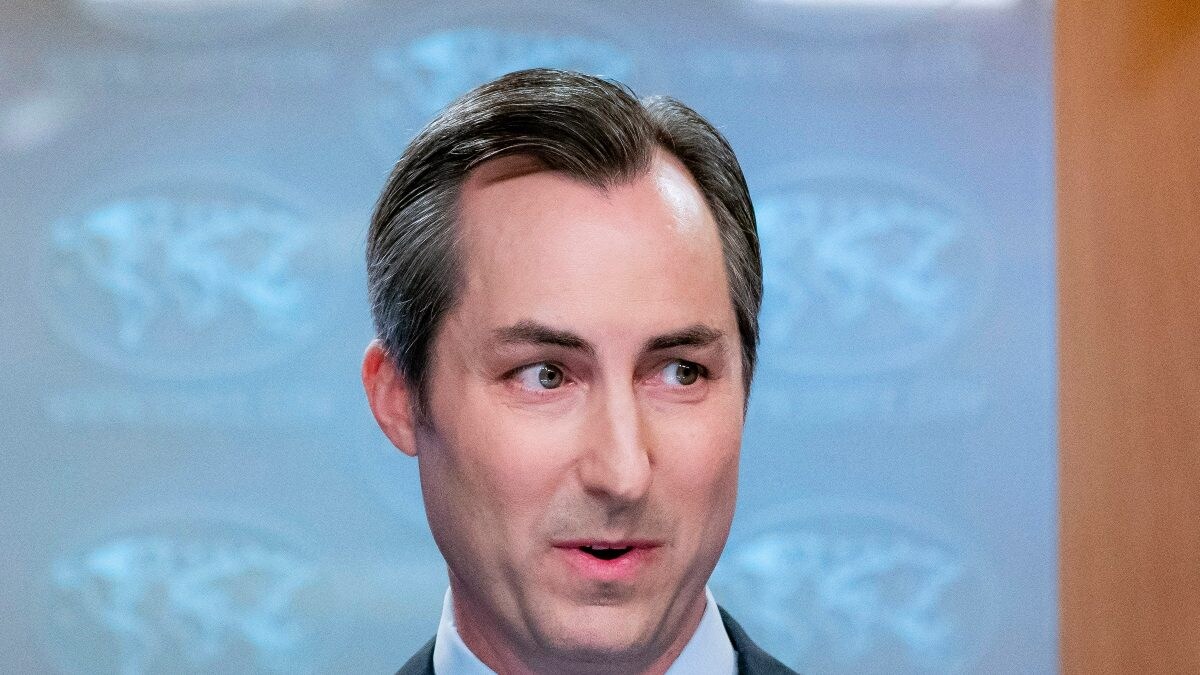- Copy to clipboard
- Thread starter
- #16
- Mar 7, 2024
- 472
- 94
- Origin

- Residence

- Axis Group

I don't remember posting Kejriwal stuff in unrelated thread. Perhaps by mistake.@Bagheera0084, Do not post Kejriwal posts all over this forum in unrelated threads. I just moved another post to here. You have never replied once to any posts, and you have kept posting ever since you joined. Please reply here to prove that you are not spamming.

 World Affairs Forum
World Affairs Forum











